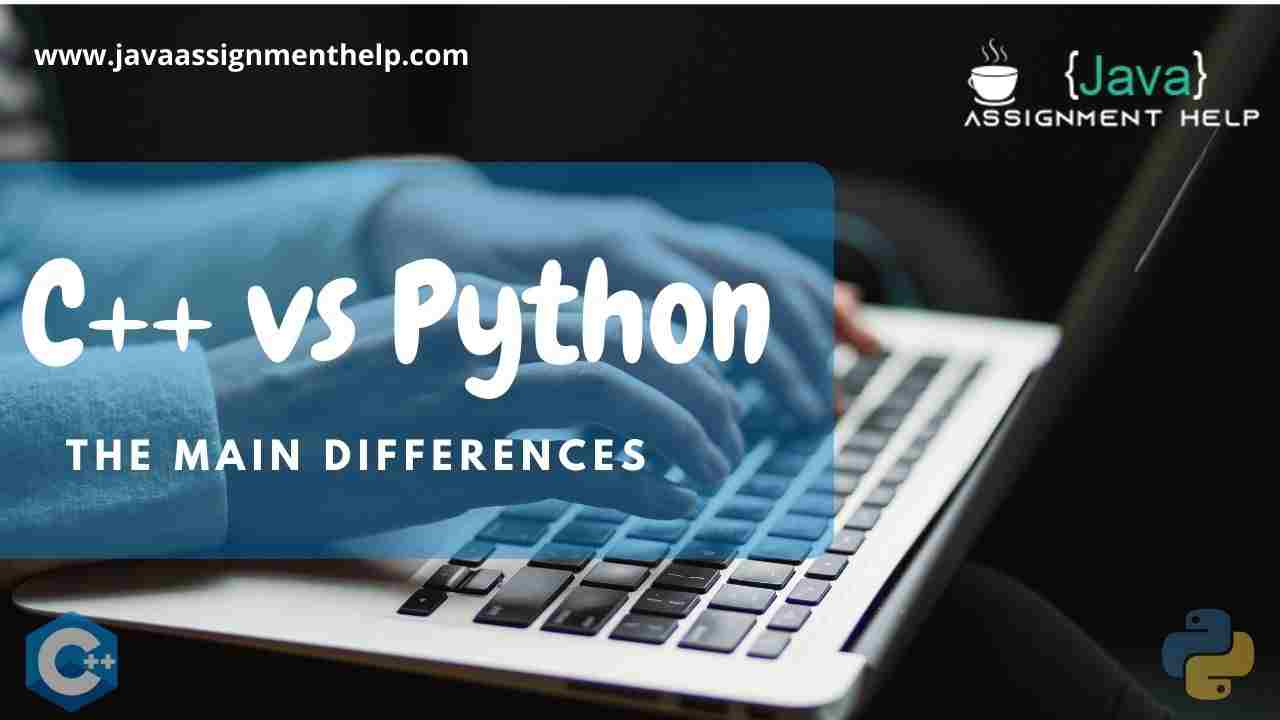This blog is for you if you are new to programming or are unsure which programming language is ideal for your project among C++ and Python. There are several programming languages that perform the same goal, and deciding which one to use is challenging. So, today, we’re going to compare C++ vs Python in depth. After reading this blog, you will be able to choose between C++ and Python based on your requirements. Both of these programming languages are among the most popular and frequently used. Let’s have a look at the differences between C++ and Python before we go into the details.
C++ vs Python
Following are the key differences between C++ and Python on the basis of-
Memory Management
In C++, new variables must be allocated memory and then released once their task is performed. However, if you do not do so, you risk having a memory leak. Memory leaks are common in C++ since it lacks garbage collection and relies on pointers. However, there are no such rules in Python. Python has a memory allocation system that is dynamic. It has the ability to self-adapt and allocate memory. If you’re a seasoned programmer who needs memory allocation control, Python is the way to go. However, you should avoid worrying about memory allocation as a rookie.
Speed
C++ is a statically typed and compiled language that aids in the development of time-saving and faster-execution programmes. Python, on the other hand, is a dynamic, interpreted programming language that slows things down. As a result, C++ outperforms Python.
Static and Dynamically Typing
Variables must be of a type such as float or int in C++ because it is a statically typed language. Python has a feature called dynamic typing, which eliminates the need to define the type of an object. Python is extremely flexible, allowing it to use variables in a wide range of circumstances.
Readability
In C++, there is a lot of syntax to master. However, there are no indentation limitations, which makes the code look sloppy at times. Python’s indentation, which is similar to English, aids a coder in keeping track of each bracket opened. This may be pretty enticing to a newcomer. A semicolon must be used to signal the end of a statement in C++. Python, on the other hand, considers the line’s end to be the statement’s end. As a result, Python is easier to read than C++.
Game Development
Both C++ and Python can be used to create games. Beginners who start building games with Python will gain a basic understanding of game development logic and principles. However, when it comes to game creation, the main issue with Python is performance. It takes a long time to develop fast-paced, high-intensity game portions. However, you can combine Python with other languages despite the speed issue. Python, for example, is widely used in artificial intelligence games. When it comes to creating high-end visuals and games, though, C++ is significantly superior to Python.
Summary
We have provided extensive information regarding C++ vs Python in this blog. Python is easier to use and provides a solid foundation for AI and machine learning frameworks. In light of this, it’s worth mentioning that C++ is far faster than Python in terms of performance. Python is an interpreted language, so it can’t compete with C++ or other compiled languages. We hope this information has helped you make an informed language choice for your next project. If you need more information about C++ vs Python, you can visit our site.

